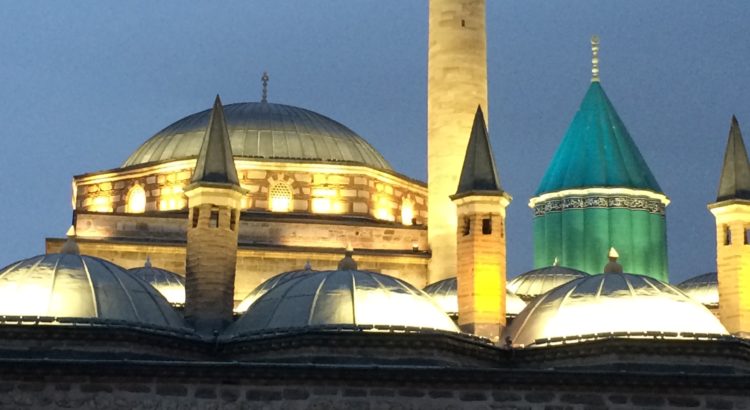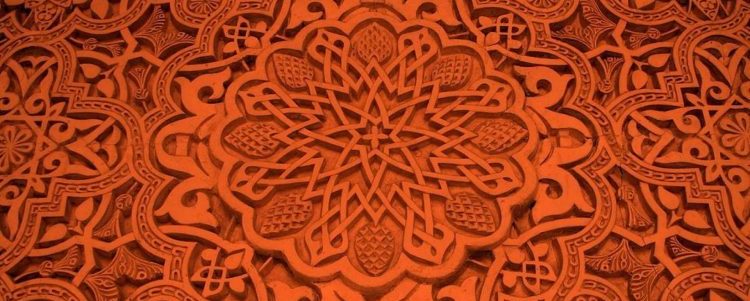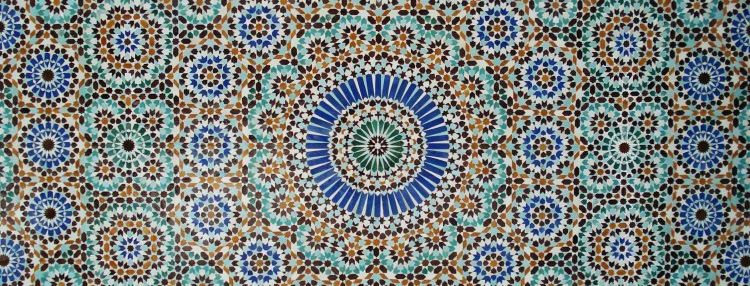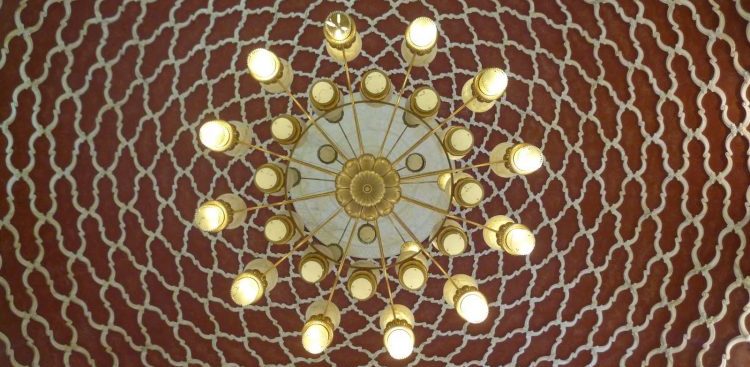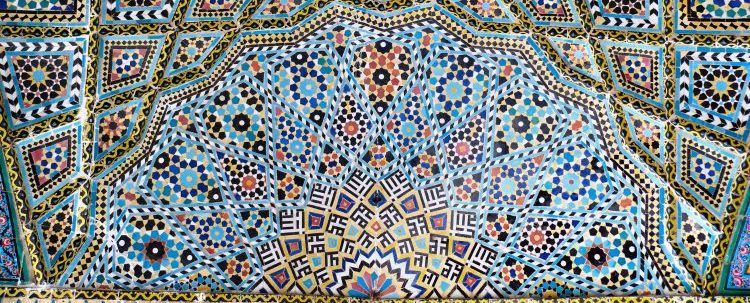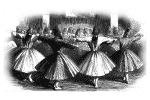Peter Hüseyin Cunz
UNESCO-Conference, Istanbul, 9th May 2007
I would like to start by affirming the existence of the authentic Mevlevi Order (or Tariqah) with worldwide activities, and I would like to present some thoughts based on my personal experience as one of the appointed teachers (Shaykh) within the Mevlevi Order.
Known as a powerful and much respected organisation during the Ottoman Empire, the Mevlevi Tariqah’s profile changed with the confinement of all Tekkes and Zawiyahs by law in 1925 during the establishment of modern Turkey and the loss of all assets as a consequence. Today the true kernel of the Mevlevi Tariqah as a religious path is relatively small and spread all over the world. In Turkey its expression is mainly seen in well-esteemed cultural activities such as classical music, Sema, fine arts and philosophical circles, whereas in Europe and North America it serves directly and openly a religious or spiritual purpose. In my speech I’d like to concentrate on the religious value of Hz. Mevlana’s works and messages, as seen from a western and particularly European point of view and in a European context.
When analyzing the spiritual needs of people we are immediately confronted with cultural and social questions, for it is the cultural and social environment that mostly influences the psychological patterns of an individual. Culturally and socially there are remarkable differences between Orient and Occident, and these differences reflect in the way we react to and reflect on religious messages. Whereas many oriental people have an understanding of the western way of thinking and feeling, the opposite is less obvious: there are very few Westerners who really understand the oriental way of reflection and feeling. I find it much easier to discuss with oriental people about western values than to discuss with Westerners about oriental values, and I feel a lot of esteem for those few who see clearly in both worlds, such as the great philosopher Mohammad Iqbal.
We all know and hopefully agree that Hz. Mevlana’s message is not only compatible with Islam but is in fact a direct teaching of Islam. Now, how come then that people in the West find strong inner resonance when reading works of Hz. Mevlana but decline or have at least difficulties with traditional Islamic values? One of the answers to this is the widely spread rejection of any religious dogma. In Europe the Christian church with its dogmatic approach has lost a lot of its power and had to make space to the values that were born in the Enlightenment of the 17th and 18th century. They include the notion of citizenship, the vision of democracy, the idea of secularization and the acceptance of reason being the only and last authority for the determination of methods, truth and errors. Europeans and Westerners in general today face much difficulty in seeing the beauty of Islam when it appears in its traditional dogmatic way. In contrast to this the poetic approach of Hz. Mevlana offers more freedom to the individual in his or her interpretation and assimilation of the religious content.
Be it in the Orient, be it in the West, every human being carries a treasure in the heart: it is the yearning for the first and last origin of being, the paradise with nearness to God. Those who have understood that the real paradise is not linked to material wealth, worldly power and fame, will search for happiness through philosophy, spiritual values or religion. While most oriental people find it obvious that Islam offers the way to God, Europeans tend to seek for new approaches. They are receptive for various philosophies originating from Far- and Mideastern religions, among them Sufism. They search for an alternative to the ways offered by Christian institutions.
But we Europeans have a problem: in trying to find our way to God we use our reasoning and feeling as final authority for a judgement. This may be good for a start in order to prevent from following dubious sects, but does not work anymore when progressing on a religious path. We cannot comprehend God – this is impossible, by definition! The place of nearness to God is far beyond the limits of reasoning and understanding. Faith – and this is more than trust – is needed to progress beyond ourselves, but faith cannot be constructed – it builds up through our experiences in life. God gave us yearning and destiny; both together may lead us to faith. In the prayers and Dhikrs of our Mevlevi spiritual tradition we daily ask and beg for the increase of our own yearning.
How do we European rationalists, intellectuals, disillusioned Christians, atheists – you name it – find a new door to spirituality if not by being touched in our deepest being? It is not the dogmatic speech of a priest or imam who would enflame our yearning. It needs the combination of Haqq (truth) with beauty. Hz. Mevlana offers this rare combination. It is this expression of essence that touches so many hearts in our western countries and helps us to see – at least for a moment in our life – a spark of God’s Light.
There are many publications of varying nature using Hz. Mevlana’s verses in a simplified or distorted translation and interpretation. As an intellectual with a rather scientific mind I don’t feel attracted by such publications, but I have to admit that they do a lot of good in this world. The message of Hz. Mevlana is so powerful that it even breaks through romantic decorations and/or misinterpretations. Millions of hearts have been nourished by such publications! Of course a person already on a mystical path will most likely tend to wish for correct and professional translations.
To advance on a Sufi path it is of course not enough to be touched. We have to mobilize energies to create the necessary will for making an effort and we have to use our intellectual capacity and our body to overcome psychological barriers. Many seekers remain stuck in the consumption of fascinating and emotional impulses, and the actual esoteric market is actively promoting this. Sufism fascinates many of us Westerners, but when it comes to actually walk on such a path we fear the barriers that we encounter, of which the two biggest are (1) the need for regular effort and (2) the acceptance of Islam. While the first barrier is common in the entire world, the second is a typical western problem.
Islam as it appears to the western public and media is threatening. The social separation of men and women with the restrictions for women in their public appearance – be in dressing regulations, in mosques, or in public Sema – is certainly the first stumbling-block in the endeavour to open up for an Islamic spirituality. But also those Westerners, who overcome this, will encounter more disturbing facts such as the incompatibility of the Khalifah and Shariah with democracy. Today’s Turkey is a living example of the difficulty in bringing the traditional Islam and democratic principles to a common denominator. I’m convinced that reforms in Islamic thinking are indispensable.
In the Ottoman Empire and earlier it was normal that an aspirant for membership in the Mevlevi Order was a Muslim. Common Islamic rules were not a matter to be discussed, and all tests concentrated on psychological and behavioural issues. Also the absolute submission to the Shaykh was no matter of discussion. In today’s Europe we are in an entirely different situation. Hence, as one of the appointed and responsible Shaykhs and facing reality, I don’t request from an aspirant to be a pious Muslim and to accept immediately my absolute authority. If I would do so I could mainly attract people of eccentric character from fringe groups who are reacting to social frustrations and injuries. I rather welcome any seeker with acceptable manners and respect and with an open mind for our way.
Let me give you some insight on how the Mevlevi Order is functioning in Switzerland, a small country in the centre of Europe:
We meet every Thursday evening in a suitable meeting-place with a wooden floor. From 19.00 to 20.00 time is reserved for an inner circle, and we do the formal prayer followed alternatively by Sohbet (teaching by the Shaykh) or the training of the Mevlevi whirling. From 20.00 to 21.30 the meeting is opened to a wider public with Dhikr (invocation of His Names) and the studying of the Mesnevi. Additional to the weekly meetings we celebrate four times per year a full Sema, gather once per year for a three days retreat in the mountains and organize once per year a trip to Turkey (Konya). There is no fixed fee to be paid, but we ask to help sharing the direct costs.
Regarding the observation of traditional Islamic formalities we believe that there should not be any compulsion. A peaceful heart is more worth than the exact keeping of formalities. As responsible for the Swiss Tekke I seek for the individual psychological wellbeing of the members to enable them to see, experience and live the beauty and universality of Islam. During the formal prayers women stand in the same lines as men, with a small separation between them. Those who are not yet prepared to join this Islamic ritual are sitting behind in a meditative posture. The covering of the head is a free choice, also for women. We don’t do public Sema as Turkish groups do it; we celebrate it in a private atmosphere. Sema for us is a form of prayer without relevance for our culture. In our Sema men and women turn together.
Please allow me to conclude – in other words – with the following statements:
The purpose of the Mevlevi Order has always been to be of service and of support to those who seek nearness to God. In the past this happened in monasteries offering refuge to those wishing to go beyond the accepted standard way of Islamic belief. Today we live in a globalized world with an undefined chaos of religious opinions, mainly in Europe and generally in the economically dominating countries; and in this world the Mevlevi Order offers a way to clarity and spiritual fulfilment. Hz. Mevlana’s message can be an opening for Westerners to understand Islam and absorb its message for the shaping of one’s own being.
However, the basic cultural differences between Orient and Occident are to be considered. Traditional Muslims tend to believe that the observation of the traditional Shariah is an indispensable first act to reach Tawhid (unity in God), whereas Westerners widely do not accept this, seeing the Shariah as a secondary matter developed by human reasoning during the Islamic history. This difference in view exists – also within the Mevlevi Order. This is a challenge to overcome, and I pray that it will be solved in the spirit of our Pir Hz.Mevlana.
